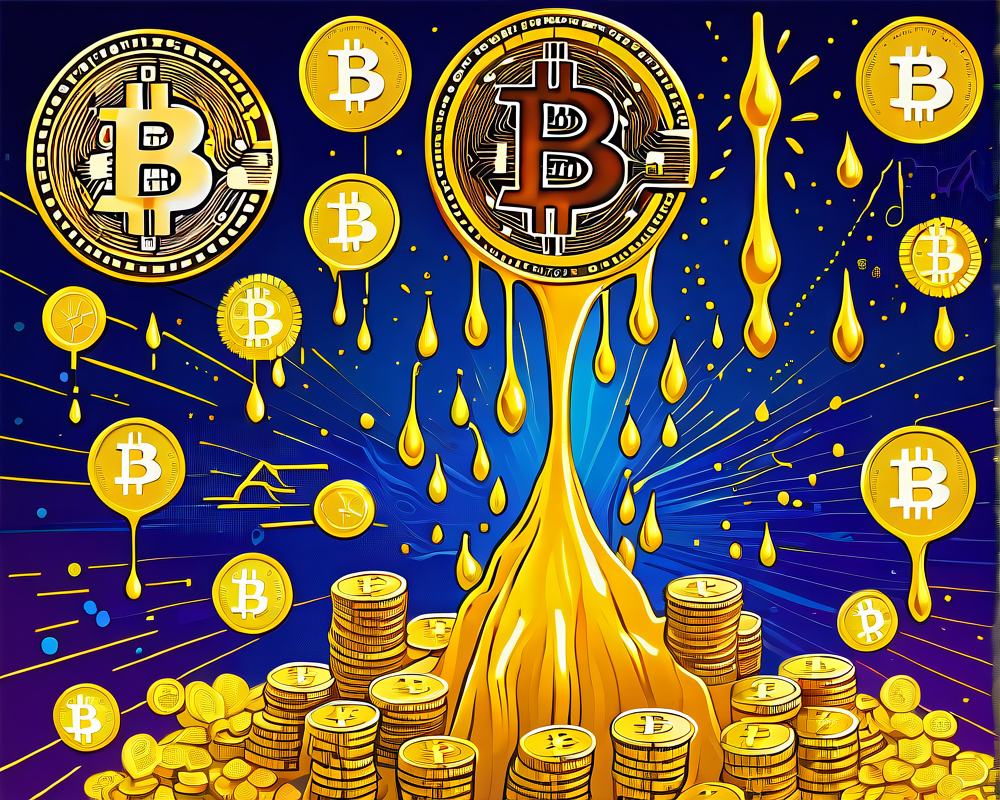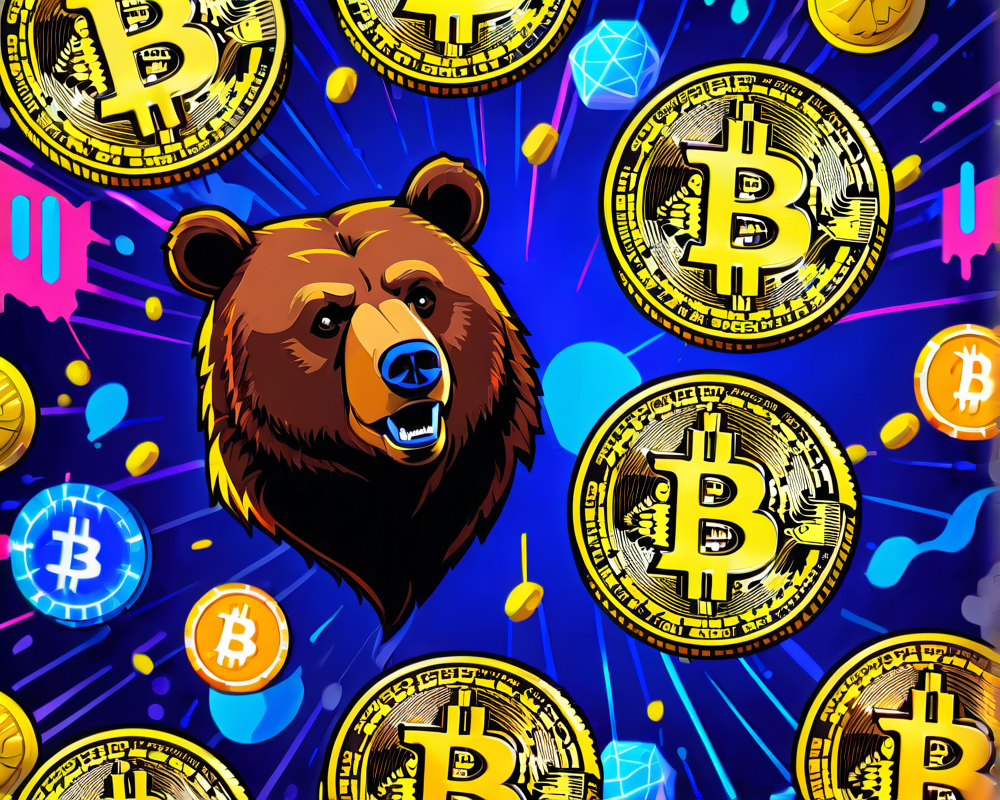The Gold Standard: A Glorious Era
Way back when, at the dawn of the 20th century, you could waltz into your bank and trade cash for gold. This was during the time of the gold standard where a currency’s worth was pretty much glued to gold. Just think of it as money wearing a fancy gold bracelet! However, like all good parties, the gold standard didn’t last forever.
Bretton Woods: The Birth of New Agreements
Fast forward to World War II’s aftermath—actually, let’s rewind a bit. A gathering in Bretton Woods, New Hampshire, brought about a fresh monetary agreement. This was a super-duper long-term plan, like a financial Netflix series, but less exciting. Countries ditched gold and decided to base their currencies on the U.S. dollar. In short, instead of everyone tying their money to gold, they looked to the dollar as their shiny new currency bouncer.
The Nixon Shock: Kicking Gold to the Curb
Then came 1971 and President Nixon—the man had a penchant for calling in the cash. To support the Vietnam War, more money was printed. Unfortunately, that was the kiss of death for the gold-dollar relationship, which officially ended the Bretton Woods agreement. Now, we had floating exchange rates. It felt like currencies were dancing chaotically on the forex dance floor, never stopping to catch their breath.
The Rise of Bitcoin: A Digital Rebel
As of today, Bitcoin is the new kid on the block. Think of it as the rebellious teenager at a family gathering—everybody’s talking about it, even if most are still figuring out how to add it to their lives. In countries like Venezuela and Argentina, Bitcoin’s worth is peaking while their national currencies are taking a downturn. Imagine showing up to a potluck with the best dish while everyone else brought potato salad—sorry, potato salad! But the downside remains: most Bitcoin owners aren’t using it as cash; they’re hoarding it like last season’s fashion.
Toward Bretton Woods 2.0: A Game Changer?
Just when you think it can’t get any wackier, the International Monetary Fund (IMF) is shouting for a Bretton Woods 2.0. They’re putting the SDR (Special Drawing Right) on their wish list as the new reserve currency. It’s kinda like saying, “Hey, let’s bring back the old gang but with new VIPs.” But let’s be honest; inflation and financial mismanagement could become the hottest topics of controversy at this reunion.
Blockchain: A New Hope
Ever heard of blockchain? It’s like a knight in shining armor for our financial woes! Blockchain aims to decentralize power from a few greedy hands and spread it evenly like peanut butter on toast. For instance, a new cryptocurrency called SGR is popping up, created on blockchain principles to serve as an alternative to SDR. Imagine a currency basket that can hold value and offer stability—oh, the dream!
As the world spins on this wild financial carousel, one thing is clear: our monetary systems are evolving, and the possibilities are endless. Remember, don’t put all your eggs in one basket—unless the basket is blockchain-based; then you might want to reconsider!




